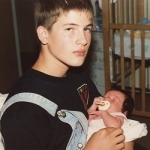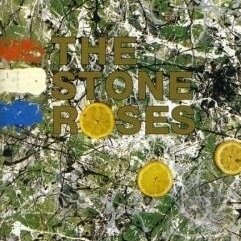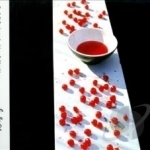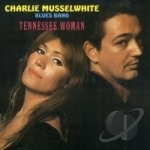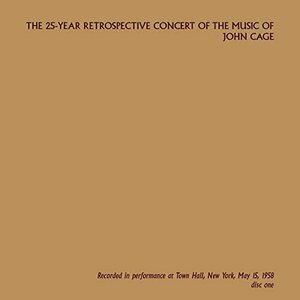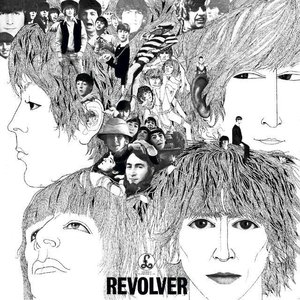Search
Search results
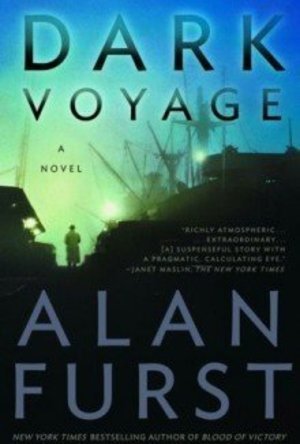
Dark Voyage
Book
May 1941. At four in the morning, a rust-streaked tramp freighter steams up the Tagus River to...
Zoosk (5 KP) rated Stone Roses by The Stone Roses in Music
Dec 5, 2024
A Timeless Masterpiece
Every so often, an album comes along that feels like it was born out of pure magic, and The Stone Roses is one of those rare gems. From the opening notes of “I Wanna Be Adored” to the euphoric closer “I Am the Resurrection,” this debut album is a flawless journey through shimmering guitars, hypnotic rhythms, and an aura of defiance and mysticism.
What sets this album apart is its ability to transcend genres. It’s a perfect blend of jangly indie rock, psychedelic flourishes, and danceable grooves, creating a sound that feels fresh even decades later. John Squire’s guitar work is nothing short of genius—each riff and solo feels meticulously crafted yet completely effortless. Ian Brown’s vocal delivery, while unconventional, perfectly captures the swagger and yearning that permeates every track.
Tracks like “She Bangs the Drums” and “Made of Stone” are anthems of pure joy, brimming with melodies that seem to be pulled straight from the heavens. “Waterfall” is a blissful, sun-drenched escape, while “I Am the Resurrection” is a sprawling epic that perfectly captures the band’s rebellious energy. Every song feels essential; there’s no filler here.
Listening to this album feels like stepping into another world, one where everything is drenched in sunlight and possibility. It’s no wonder it became the defining soundtrack of the late ‘80s Madchester scene, but its influence stretches far beyond that. Bands like Oasis and Arctic Monkeys owe much of their sound and success to this record.
For me, The Stone Roses isn’t just an album—it’s an experience. It’s bold, timeless, and utterly captivating. I can’t think of a single way it could be improved, and for that reason, it’s a perfect 10/10.
What sets this album apart is its ability to transcend genres. It’s a perfect blend of jangly indie rock, psychedelic flourishes, and danceable grooves, creating a sound that feels fresh even decades later. John Squire’s guitar work is nothing short of genius—each riff and solo feels meticulously crafted yet completely effortless. Ian Brown’s vocal delivery, while unconventional, perfectly captures the swagger and yearning that permeates every track.
Tracks like “She Bangs the Drums” and “Made of Stone” are anthems of pure joy, brimming with melodies that seem to be pulled straight from the heavens. “Waterfall” is a blissful, sun-drenched escape, while “I Am the Resurrection” is a sprawling epic that perfectly captures the band’s rebellious energy. Every song feels essential; there’s no filler here.
Listening to this album feels like stepping into another world, one where everything is drenched in sunlight and possibility. It’s no wonder it became the defining soundtrack of the late ‘80s Madchester scene, but its influence stretches far beyond that. Bands like Oasis and Arctic Monkeys owe much of their sound and success to this record.
For me, The Stone Roses isn’t just an album—it’s an experience. It’s bold, timeless, and utterly captivating. I can’t think of a single way it could be improved, and for that reason, it’s a perfect 10/10.
Gene Simmons recommended Mccartney by Paul McCartney in Music (curated)
Daniel Rossen recommended track Christo Redemptor by Charlie Musselwhite in Tennessee Woman by Charlie Musselwhite in Music (curated)
Lee Ronaldo recommended The 25-Year Retrospective Concert of the Music of John Cage by John Cage in Music (curated)
Noel Gallagher recommended Revolver by The Beatles in Music (curated)
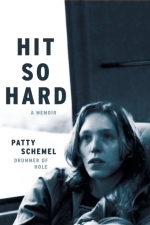
Hit So Hard: A Memoir
Book
A stunningly candid and inspiring memoir of recovery from addiction and the '90s, by Hole drummer...
Music biography

Someday Somewhere by Mura Masa
Album
Until December last year music was simply a hobby for Alex Crossan, aka Mura Masa. He may have had 7...

Australasie by Astrobal
Album
Astrobal, nee Emmanuel Mario, burst onto the scene in his native France through collaborations with...
